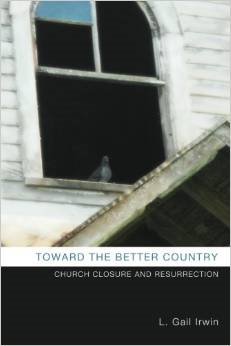Mr. Shiny, the rooster, and his harem of ten hens showed up in our yard last winter–the gift of a friend who could no longer care for them. I was elated. Every morning, I started my day taking care of someone who truly needed me. I fed and watered the little flock, made sure they had their grit and corn, and celebrated the colorful eggs they laid for us. They relied on me completely, and I loved that.
But then came the spring, and it was time to let them venture out of the coop to wander the yard scratching up grubs in the lawn. I started each day like before, slipping their feed into the pen for breakfast, and then let them loose to wander in the afternoon.
But as the weather warmed, their curiosity for exploring the world became more intense, and soon they were jumping out of the coop as soon as I opened it.
Suddenly, they didn’t need me anymore.
Eventually, I began letting them out of the pen first thing in the morning. They fled joyfully. They ate less and less poultry feed and started relying more on a natural diet of seeds and worms. Their feathers became glossy and they laid more eggs, with deep orange, flavorful yolks.
They were happy. But they didn’t need me anymore.
In May, the Pew Research report on the rise of the “Nones” came out and caused a stir among my clergy colleagues. The report found that “the percentage of adults who describe themselves as Christians has dropped by nearly eight percentage points in just seven years…Over the same period, the percentage of Americans who are religiously unaffiliated – describing themselves as atheist, agnostic or “nothing in particular” – has jumped more than six points, from 16.1% to 22.8%. ”
Some of these “Nones” still have a vague interest in spirituality, but are not choosing to feed that interest by attending church. Many are completely disinterested.
I won’t add to the many commentaries on this new information, except to say that it is yet another blow to the egos of mainline clergy, who suspect that we may not be needed anymore. Our institutional faith practices seem to be losing efficacy in ways that are now transparent and measurable.
As I eye up my flock of chickens, roaming freely and joyfully around the garden, choosing their own diet instead of relying on my manufactured Fleet Farm rations, it occurs to me that, in nature, the creature can be trusted to feed itself. Is it possible that this is also true in the spiritual world? Might our wayward flocks have the capacity to go searching for their own spiritual truths and practices, inhabiting a new religious landscape that fits this time in history? Is it possible that they don’t need us clergy to spoon feed them theology and ritual anymore?
I don’t have the answer to that question. If you do, feel free to share your thoughts!
Meanwhile, I’m going out to tuck the chickens in for the night.
Oh, didn’t I tell you? Every night, after an afternoon of grazing, they turn in and roost in the little coop I provide for them. Every night, I lock up the coop to keep the raccoon and the weasel at bay.
Maybe my flock still needs me after all.











